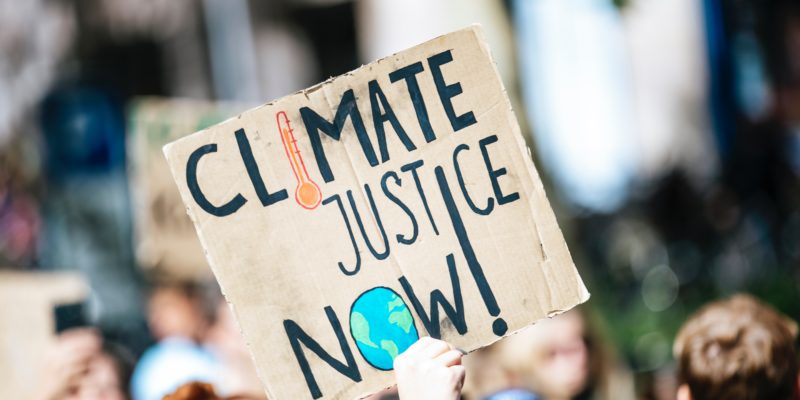The 26th UN Climate Change Conference of the Parties (COP26) has started in Glasgow, Scotland. COP26 is the first summit to evaluate the developments achieved after the Paris Climate Agreement signed in 2015. Why is the timing of COP26 so important? What do activists want to happen at COP26? Will COP26 be a failure?
26th UN Climate Change Conference of the Parties being co-hosted in Glasgow by the British and Italian governments has been held up as one of humanity’s last chances to slow global warming. But why is it any different from what has come before — and how come everyone keeps saying that it’s so important?
The summit has been hailed as the biggest climate moment since the Paris Agreement at COP21 in 2015, the historic treaty signed by 196 countries that agreed to limit global warming to well below 2 degrees Celsius compared to pre-industrial levels, although preferably below 1.5 degrees.
3 key facts about COP26
- Up to 200 world leaders and an estimated 36,000 delegates could be set to attend.
- The key goal of COP26 is to keep a temperature rise limit of 1.5 degrees within reach — otherwise the ecological consequences would be catastrophic.
- There are just nine years left to limit the worst consequences of the climate crisis before the destruction becomes irreversible.
Why is the timing of COP26 so important?
On Monday, the Intergovernmental Panel on Climate Change (IPCC) released a landmark report, a “code red for humanity” which confirmed that without radical reductions in carbon emissions this decade, temperature rises above 1.5 degrees would be inevitable and irreversible. Right now, the planet is 1.1 degrees hotter than it was between 1850 and 1900.
It was a stark warning of what might happen if COP26 doesn’t come through with serious commitments to radical action. COP26 also takes on a special significance as the fifth summit since the Paris Agreement, which according to the treaty, means countries must come with their updated Nationally Determined Contributions (NDCs).
This basically refers to the commitments a country makes to reduce its carbon emissions. Every five years, signatories to the Paris Agreement must put forward updated plans with the highest possible level of ambition. COP26 is that next milestone.
What do activists want to happen at COP26?
Many activists are calling for the same thing: for countries to meaningfully commit to the global environmental movement known as a Green New Deal.
That can mean slightly different things for different countries, but there’s some common themes: a complete societal transformation that decarbonises the economy with a focus on green jobs and global climate justice.
“COP26 is a critical moment in history,” said Marie Rumsby, Global Citizen’s UK Country Director. “It could be a turning point. But without radical pledges to reduce emissions and ensure climate justice — more ambitious than we’ve ever seen before — the world won’t come close. We’re running out of time to avoid the most catastrophic consequences of the climate crisis.”
Four youth climate change activists including Greta Thunberg have penned an open letter to world leaders on the morning of the COP26 climate summit in Glasgow.
The letter is calling on world leaders to “face up to the climate emergency”, adding that young people feel betrayed by “our governments’ failure to cut carbon emission”, and lays out a five-point plan to deliver a climate-safe future.
Will COP26 be a failure?
Although it is not over, the direction has been set, and the chance for the most decisive action has likely departed with the various presidents, chancellors and prime ministers. As things stand, activists think that the gathering is looking like a failure.
Countries have yet to commit to an agreement that would limit global temperature rises to 1.5 degrees Celsius above pre-industrial levels — a threshold identified as crucial by scientists in preventing irreversible damage to the planet.
Hopes of reaching such agreements, the only metric by which COP26 could really be seen as a triumph, receded fast.
The stakes of the Glasgow summit — dubbed “the last chance saloon” by Britain’s Prince Charles — have been made clear. The UN warned that the consequences of failure are conflicts, mass migration of whole populations, greater terrorist threats and food insecurity.
Source: Global Citizen, Business Insider,


